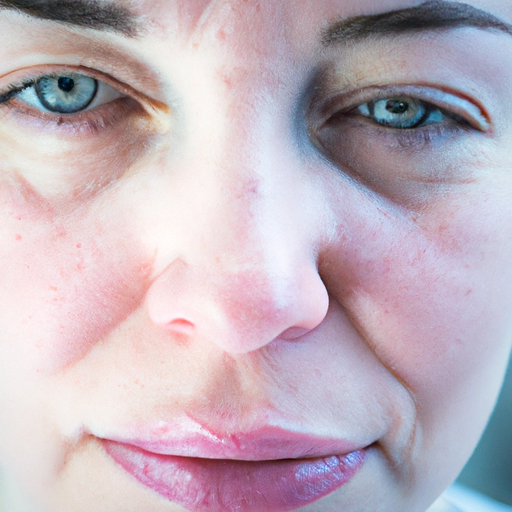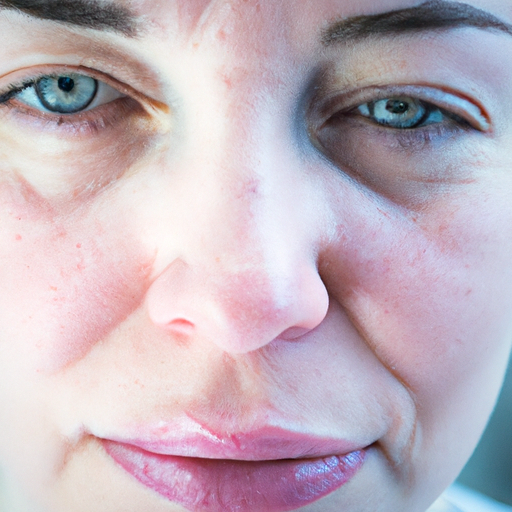As a doctor, I have encountered numerous patients who struggle with sensitive skin. This condition can be both physically uncomfortable and emotionally distressing, as it often leads to redness, itching, dryness, and other visible signs of irritation. However, with the right care and attention, it is possible to nurture your sensitive skin and keep it healthy and glowing. Here are seven essential tips that can help you in this endeavor.
1. Understand Your Skin: The first step in caring for sensitive skin is understanding what triggers your skin’s reactions. Common irritants include harsh soaps, fragrances, dyes, and certain fabrics. Once you’ve identified these triggers, you can take steps to avoid them. This might mean switching to fragrance-free laundry detergent or choosing clothing made from soft, natural fibers.
2. Choose the Right Skincare Products: Not all skincare products are created equal. Those with sensitive skin should opt for products that are free of harsh chemicals, fragrances, and dyes. Look for labels that say “hypoallergenic,” “for sensitive skin,” or “fragrance-free.” Also, consider using products with soothing ingredients like aloe vera, chamomile, green tea, and oatmeal.
3. Moisturize Regularly: Dryness can exacerbate skin sensitivity, leading to itching and flaking. To prevent this, moisturize your skin regularly with a gentle, fragrance-free moisturizer. Apply it immediately after bathing to lock in moisture.
4. Protect Your Skin from the Sun: Sun exposure can be particularly damaging to sensitive skin. Always wear a broad-spectrum sunscreen with an SPF of at least 30 when you’re outside, even on cloudy days. Additionally, wear protective clothing and seek shade whenever possible.
5. Maintain a Healthy Diet: What you eat can also impact your skin’s health. Foods rich in omega-3 fatty acids (like salmon and walnuts) can help reduce inflammation, while foods high in antioxidants (like berries and spinach) can help protect your skin from damage. Avoid foods that you’re allergic to, as they can trigger skin reactions.
6. Stay Hydrated: Drinking plenty of water is essential for maintaining healthy skin. It helps to keep your skin hydrated from the inside out, reducing dryness and flaking. Aim for at least eight glasses of water a day.
7. Consult a Dermatologist: If your sensitive skin is causing you significant discomfort or affecting your quality of life, it’s time to consult a dermatologist. They can provide personalized advice and treatment options based on your specific skin type and concerns.
In conclusion, nurturing sensitive skin requires a combination of understanding your skin’s triggers, choosing the right skincare products, protecting your skin from the sun, maintaining a healthy diet, staying hydrated, and seeking professional help when necessary. With these seven tips, you can soothe your sensitive skin and keep it healthy and radiant. Remember, everyone’s skin is unique, so what works for one person might not work for another. It’s all about finding what works best for you and sticking with it. Your skin is a reflection of your overall health, so take care of it, and it will surely reward you with a radiant glow.




